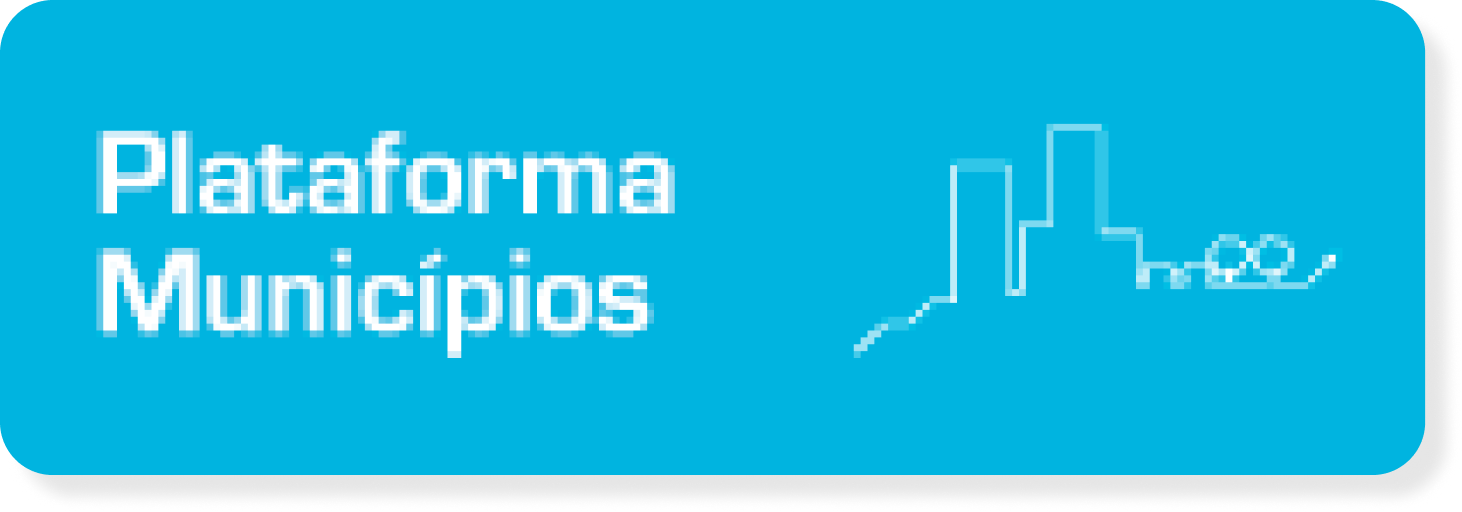Abstract:
Within the universe of production engineering, the process of machining metallic materials and heat treatment causes residual stresses that can reach significant values and influence the durability of the various mechanical components. Defining the appropriate process for each application requires forecasting how high the voltage generated will be depending on the variables of the process used. In orderto know the resulting stress values, it is necessary to measure them, for example, using experimental stress analysis, which consists of using strain gauges to measure deformations on a surface. Therefore, the objective of this article is to present the process of development and application of an educational didactic kit (KiDiTen®), version II, automated, in accordance with the training by competence in the research of teaching Engineering, using concepts of Physics, Mathematics and Theory of Elasticity, with the objective of taking the student to the elementary concept of mechanical stress, electrical stress and tensor of order 2. Methods such as Project-Based Education, Problem-Based Learning and STEM (Science, Technology, Engineering and Mathematics) approach were used. It was proven that the adopted methodology was adequate, employing several test methodologies.
Reference:
ÁVILA, Paulo Urbano; CAMPOS, Luiz Carlos de; ABDOUNUR, Oscar João; dias, José Antonio Siqueira; CASTANHO, Manuel Antonio Pires. Desenvolvimento de um kit didático para estudos de resistência dos materiais, com aplicação na engenharia de produção. Produção Online, Revista Científica Eletrônica de Engenharia de Produção, v.21, n.3, p.794-817, 2021.
Access to the article on the Journal website:
https://www.producaoonline.org.br/rpo/article/view/4332/2067
Within the universe of production engineering, the process of machining metallic materials and heat treatment causes residual stresses that can reach significant values and influence the durability of the various mechanical components. Defining the appropriate process for each application requires forecasting how high the voltage generated will be depending on the variables of the process used. In orderto know the resulting stress values, it is necessary to measure them, for example, using experimental stress analysis, which consists of using strain gauges to measure deformations on a surface. Therefore, the objective of this article is to present the process of development and application of an educational didactic kit (KiDiTen®), version II, automated, in accordance with the training by competence in the research of teaching Engineering, using concepts of Physics, Mathematics and Theory of Elasticity, with the objective of taking the student to the elementary concept of mechanical stress, electrical stress and tensor of order 2. Methods such as Project-Based Education, Problem-Based Learning and STEM (Science, Technology, Engineering and Mathematics) approach were used. It was proven that the adopted methodology was adequate, employing several test methodologies.
Reference:
ÁVILA, Paulo Urbano; CAMPOS, Luiz Carlos de; ABDOUNUR, Oscar João; dias, José Antonio Siqueira; CASTANHO, Manuel Antonio Pires. Desenvolvimento de um kit didático para estudos de resistência dos materiais, com aplicação na engenharia de produção. Produção Online, Revista Científica Eletrônica de Engenharia de Produção, v.21, n.3, p.794-817, 2021.
Access to the article on the Journal website:
https://www.producaoonline.org.br/rpo/article/view/4332/2067






